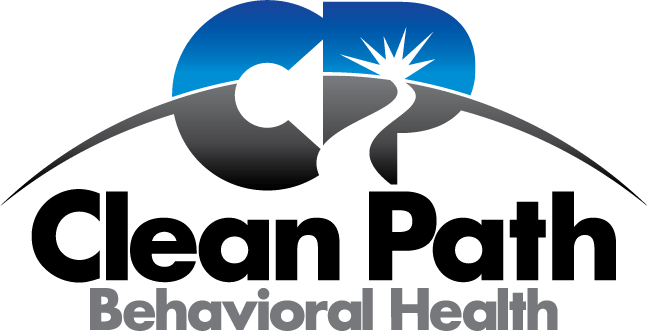Meditation may seem like just one of the latest wellness trends. But did you know that the founding fathers of Alcoholics Anonymous were recommending it as a tool for recovery almost 100 years ago?
Published in 1939, the Big Book of Alcoholics Anonymous heartily recommends morning meditation.
“In meditation,” the book explains, “we ask God what we should do about each specific matter.”
Elsewhere the book explains, “[We ask] each morning … that our Creator show us the way of patience, tolerance, kindliness, and love.”
Meditation was seen as so important to recovery from alcoholism that it was solidified as one of the Twelve Steps, Step 11: “Sought through prayer and meditation to improve our conscious contact with God as we understood Him, praying only for his knowledge of His will for us and the power to carry that out.”
Decades later, the 12&12 book and other fellowships expanded on that early instruction.
However, the definition of WHAT exactly meditation exactly entails has been left up to interpretation.
What might meditation look like for you?
For some people, it’s repeating a recovery saying or prayer. For others, it’s simply sitting still and breathing for five minutes. You might even find going for a run meditative!
There are also many apps and videos available online for free guided meditations.
No matter what form of meditation you choose, be gentle with yourself and remember that it’s always about progress rather than perfection.
If you stick with it, you can see amazing results.
Some studies have shown meditation to be nearly as effective for treating depression and anxiety as anti-depressants.
Overall, meditation can reduce anxiety, improve concentration, and help you curb your cravings.
Are you willing to give it a try?

